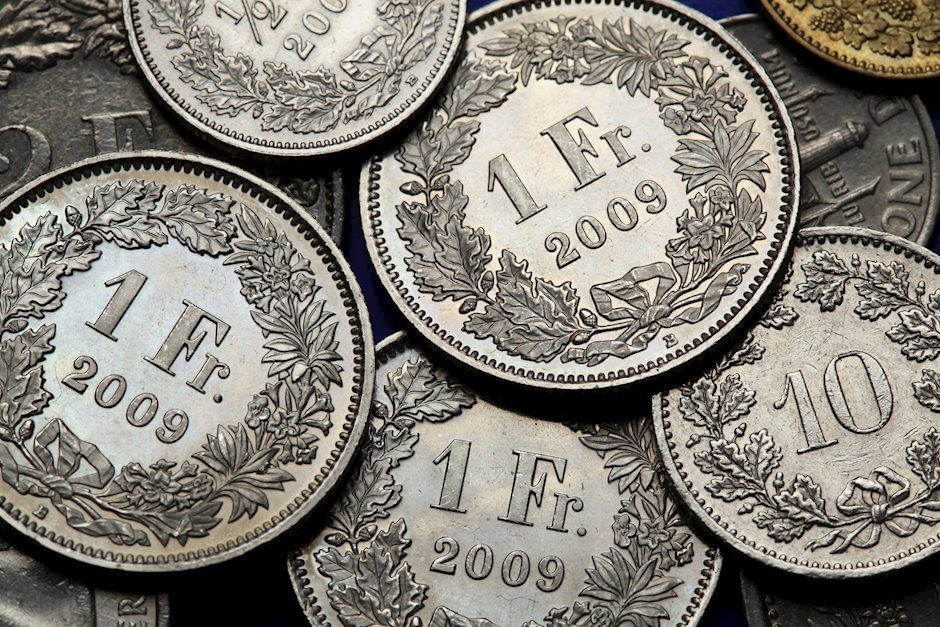USD/CHF stuck just below 0.8900 as Swiss Franc holds steady
- The USD/CHF is cycling 0.8880 with the Franc frozen in place after recent gains.
- The CHF is up almost 2.2% against the USD peak-to-trough on the week.
- Safe haven appetite remains a key theme underpinning market flows, to the benefit of the Franc.

The USD/CHF is spreading around the 0.8880 level as market risk appetite sours, but risk flights pull just short of moving their bets on the Swiss Franc (CHF).
The Franc (CHF) has gained appreciably against the US Dollar (USD) recently, with the CHF's safe haven popularity in the EU bloc apparent and the Swiss National Bank (SNB) determined to defend the CHF using outright market purchases as much as necessary.
Despite a backlog of short bets on the CHF, the SNB's backstopping has prevented any meaningful depreciation on the Franc, and despite inflation near 1.7% in the Swiss economy, Switzerland is enjoying an enviable position.
The SNB's steadily hawkish tone and Switzerland's large net account surplus is keeping the USD/CHF pinned in place despite broad-market sentiment shifts.
USD/CHF Technical Outlook
The USD/CHF dropped sharply this week into the 0.8850 neighborhood frrom the 200-day Simple Moving Average (SMA) at the 0.9000 handle, and the pair is testing into multi-month lows, with September's low bids near 0.8800 within reach.
The pair has been etching in a pattern of lower highs since peaking near 0.9250 in early October. The last swing high sits at 0.9050, near the congestion zone of the 200- and 50-day SMAs.
USD/CHF Daily Chart

USD/CHF Technical Level
Author

Joshua Gibson
FXStreet
Joshua joins the FXStreet team as an Economics and Finance double major from Vancouver Island University with twelve years' experience as an independent trader focusing on technical analysis.
















